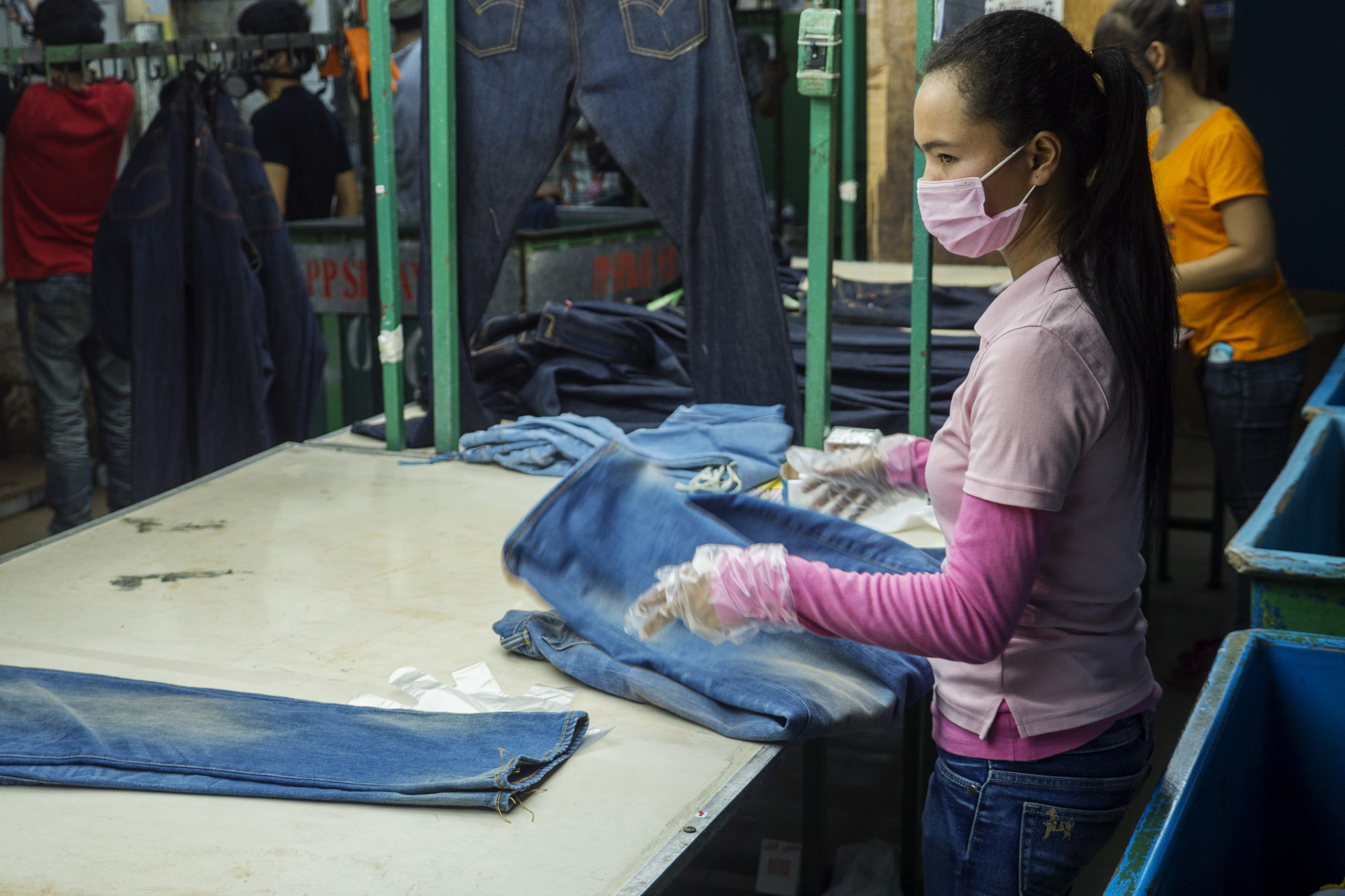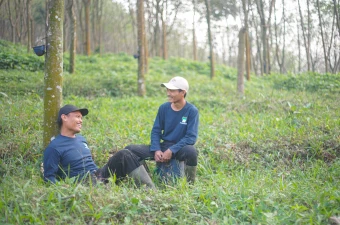Why the ILO Violence and Harassment Convention No.190 is so important for workers across the world
The ILO’s Violence and Harassment Convention No.190 (C190) is a ground-breaking new international treaty that gives all workers the right to protection against violence and harassment, including gender-based violence and harassment. Trade unions across the world campaigned hard for the Convention, which was adopted on 21 June 2019 by the International Labour Conference (the tripartite decision-making body of the ILO). Following ratification by Uruguay and Fiji, the Convention came into force in June 2020. C190 is supplemented by Recommendation No.206 (R206) which gives detailed guidance on how the Convention should be implemented at national level.
It is ground-breaking in recognizing that violence and harassment in the world of work can constitute a human rights violation and that it is incompatible with decent work:
“...the right of everyone to a world of work free from violence and harassment, including gender-based violence and harassment...that violence and harassment in the world of work can constitute a human rights violation or abuse, and that violence and harassment is a threat to equal opportunities, is unacceptable and incompatible with decent work.” (Preamble to C190)
C190 calls for an inclusive, integrated and gender-responsive approach for the prevention and elimination of violence and harassment in the world of work. It establishes minimum standards that offer a comprehensive road map for social dialogue between trade unions and employers in preventing and addressing violence and harassment in the world of work. [Below is a model agreement with draft clauses to use in negotiations for a collective bargaining agreement].
“...the right of everyone to a world of work free from violence and harassment, including gender-based violence and harassment...
that violence and harassment in the world of work can constitute a human rights violation or abuse,
and that violence and harassment is a threat to equal opportunities,
is unacceptable and incompatible with decent work.” (Preamble to C190)
In the context of the COVID-19 pandemic, urgent action is needed from governments and employers to ensure that everyone has the right to a world of work free from violence and harassment.
Ratification of C190 is crucial to these efforts. The ITUC and global unions, along with CNV Internationaal and trade unions across the world have been very active in campaigning for and lobbying governments to ratify the Convention through the campaign #Ratify190.

C190 protects ALL workers in the public and private sectors, and in the formal and informal economy
C190 is the first international treaty that establishes the right of everyone to a world of work free from violence and harassment, including gender-based violence and harassment. It addresses discrimination and the vulnerabilities faced by workers in all sectors of the economy, public and private, including the formal and informal sector. Although informal workers may not have an employer, the Convention recognises that public authorities have a role to play in introducing measures and resources to prevent violence and harassment experienced by informal workers.
The Convention covers all workers irrespective of their contractual status, including trainees, interns, volunteers and job seekers.
To learn more
Check our Factsheet
Why the ILO Violence and Harassment Convention No.190 is so important for workers across the world
(English, clickable index)
Fiche descriptif
Pourquoi la Convention 190 de l'OIT sur la violence et le harcèlement est si importante pour les travailleurs du monde entier (Francais, index cliquable)
Hoja de datos
Por qué el convenio 190 de la OIT sobre violencia y acoso en el trabajo es tan importante para los trabajadores del mundo entero
(Español, indice clic)
Publication date 07 12 2020


